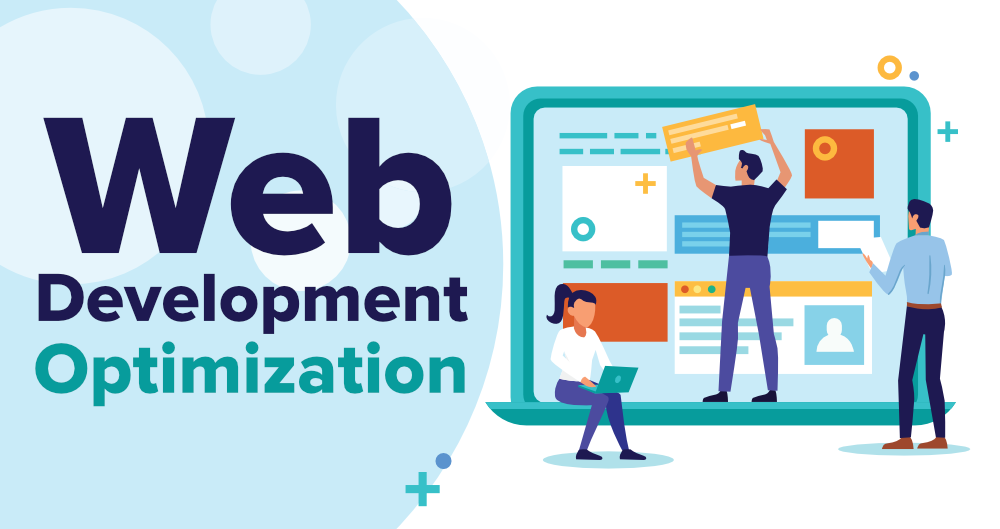Buzz Haven: Your Source for Trending Insights
Stay updated with the latest buzz in news, trends, and lifestyle.
Speed Demons: Turbocharge Your Website's Performance
Unleash your website's potential! Discover expert tips to turbocharge performance and leave competitors in the dust. Get faster today!
5 Essential Tips to Optimize Your Website's Speed
In today's digital landscape, website speed is crucial for providing a positive user experience and improving your site’s SEO. Slow-loading pages can lead to higher bounce rates and decreased conversions. Here are 5 essential tips to optimize your website's speed:
- Optimize Images: Compress images without losing quality. Use formats like WebP for faster loading.
- Enable Browser Caching: Allow browsers to store static resources locally, which reduces load times on repeat visits.
- Minify CSS and JavaScript: Remove unnecessary characters from your code to decrease file size and expedite loading.
- Use a Content Delivery Network (CDN): Distribute your content globally to ensure quicker access for users.
- Limit HTTP Requests: Reduce the number of scripts and elements on your pages to streamline load times.

How Website Performance Affects User Experience and SEO
Website performance plays a crucial role in shaping user experience. When a website loads quickly, users are more likely to stay engaged and interact with the content. According to studies, a delay of just a few seconds in page load time can lead to significant increases in bounce rates, meaning potential customers leave the site before even exploring it. Moreover, an optimized website can enhance functionality, ensuring that elements such as images, videos, and interactive features operate seamlessly, thus maintaining a positive user experience.
In addition to impacting user behavior, website performance is also a vital factor in SEO rankings. Search engines like Google prioritize sites that provide excellent user experiences, which includes fast loading times. Websites that are deemed slow or unresponsive may be penalized in search engine results pages (SERPs), resulting in reduced visibility and lower organic traffic. Therefore, investing in improving website performance not only boosts visitor satisfaction but also enhances SEO efforts, making it essential for those looking to increase their online presence.
Is Your Site Slowing Down? Common Culprits and Fixes You Need to Know
Is your site slowing down? A myriad of factors can contribute to a slow website, significantly affecting user experience and search engine rankings. One of the most common culprits is large image files that take too long to load. To combat this issue, consider optimizing your images by compressing them or using modern formats like WebP. Additionally, excessive use of plugins and poorly coded scripts can also slow down your site. Evaluate the plugins you have installed and remove any that are unnecessary or outdated to enhance your site's performance.
Another significant factor in site speed is the choice of hosting provider. If your hosting plan doesn't offer sufficient resources, your site will inevitably lag, especially during peak traffic times. Look for a reliable hosting service that provides scalable solutions tailored to your needs. Lastly, a cluttered database can hinder performance; regular optimization of your database by cleaning up old revisions and spam comments can help keep your site running smoothly. Implementing these fixes can dramatically improve your site’s speed and overall user satisfaction.